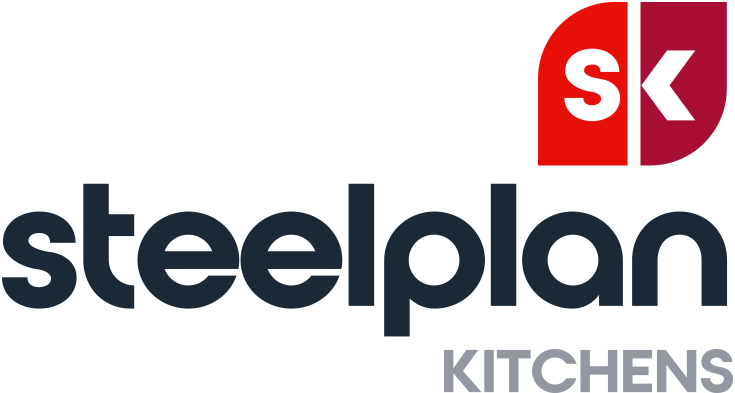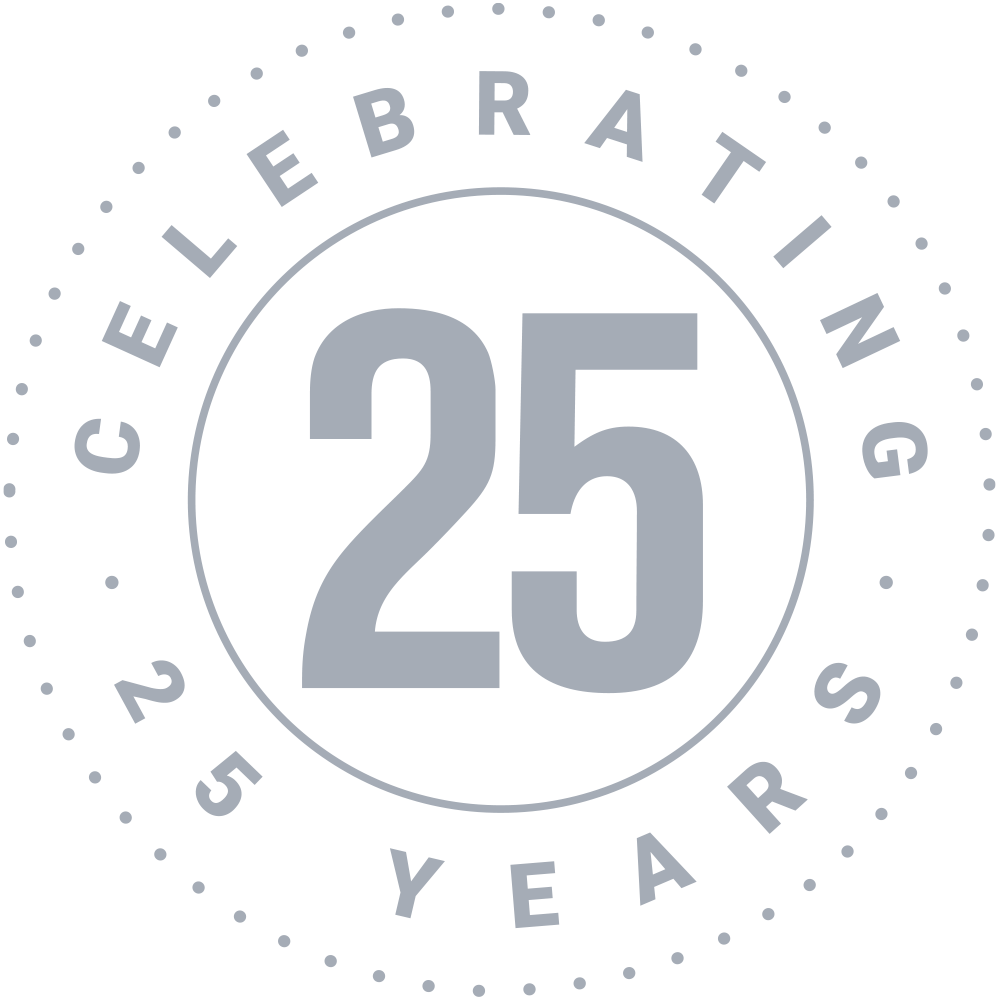Burns and accidents happen, especially in a busy kitchen, but prevention is the key to a happy and safe congregation…
Once you know what hazards to look for in your church kitchen, you can be confident that your volunteers and team will be safe and well protected. And if an emergency does occur, you will be ready to act.
Carry out risk assessments
Although risk assessments sound complicated, they are very straightforward for most churches – the idea is to think about what might be harmful to people and put precautions in place. Put simply, once you have identified a hazard, what can you do to prevent an accident? For example, if your floor is too slippery, do you need to use anti-slip mats or shoes? Or if your volunteers are using knives to remove packaging, can you provide suitable cutters to prevent injury?
Also think about who is most at risk. If your afternoon creche uses the kitchen to make sandwiches and cups of juice, you need to consider what to put in place to prevent children entering the kitchen unattended. Or for a coffee morning with your elderly congregation, maybe think about your lighting – a well-lit kitchen is a safer kitchen, particularly for those with deteriorating eyesight.
Keeping your congregation, community and volunteers safe while using your church kitchen should start with a risk assessment. Luckily, for most churches, which present few hazards, this can be based solely on your judgement.
Preventing kitchen accidents
Even with the best plans in place, it can still be difficult to foresee hazards and accidents. From taking a hot pan from the oven to draining boiled pasta or making 20+ cups of tea, we all need to be sensible when using a church kitchen. And by following these safety precautions, you can be prepared for any eventuality:
- Restrict access to the kitchen – children should always be supervised and only those making the coffee or paninis should be in the room
- Always provide oven mitts for those working with hot food, pots and appliances
- Stand back from a hot pan when removing the lid to prevent steam burns
- Keep pot handles well balanced on cookers with the handle facing inwards to avoid spilling hot food and liquids
- Take care not to splatter when draining boiled food in the sink
- Issue thermal gloves if anyone in your kitchen regularly handles frozen food
- If your hot water temperature is not regulated, a simple sign should be displayed above the sink to inform your team
- Wipe up liquids and food scraps spilled on the floor right away to avoid slips or falls
With our semi-commercial kitchens, we can offer everything you want in the kitchen environment. Durability and strength assured; Steelplan Kitchens are best placed to make your kitchen a safe success – call us on 0844 809 9186





